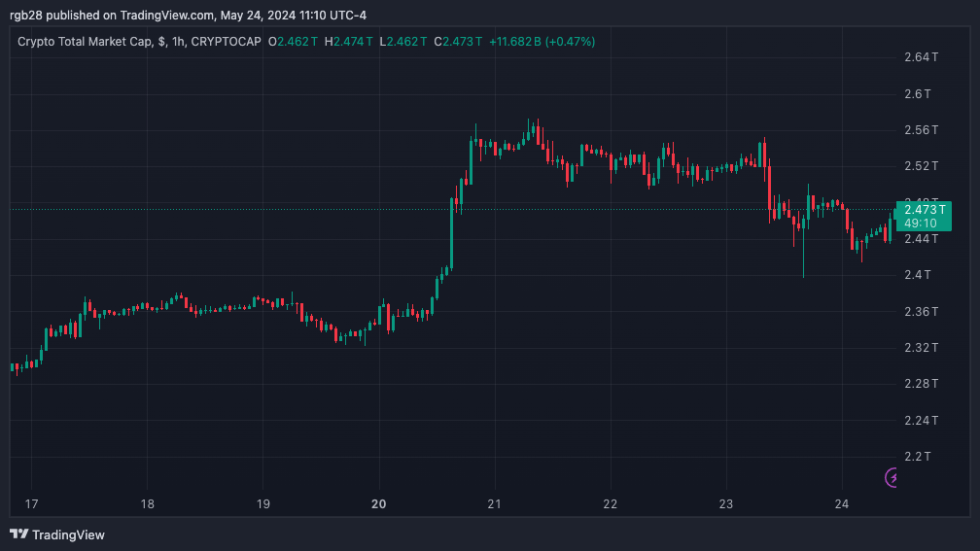In a recent ruling, a Texas federal court sided with the US Securities and Exchange Commission (SEC) in a case involving popular crypto influencer Ian Balina. This legal battle stems from the Sparkster controversy that began back in 2018.
Overview of the Legal Battle
In 2022, Ian Balina, known as the CEO of Token Metrics, faced allegations of breaching securities laws. The SEC brought charges against Balina for his role in the Initial Coin Offering (ICO) of an unregistered security.
According to court records, Sparkster Ltd, a software development firm, conducted an unauthorized securities offering involving the Sparkster (SPRK) token between April and July 2018. This ICO amassed approximately $30 million from both US and international investors.
The SEC alleged that Balina violated Sections 5(a) and 5(c) of the Securities Act by selling unregistered securities through his Sparkster venture. Furthermore, they claimed that the crypto influencer failed to disclose the benefits he received for endorsing and marketing the token, thus violating Section 7.
The lawsuit maintained that Balina agreed to a 30% bonus from Sparkster for purchasing 43,333,333 SPRK tokens at $0.15. This bonus stemmed from an arrangement between Balina and Sajjad Daya, the CEO of the company.
Allegedly, Daya and Balina struck a deal in May 2018, wherein YouTubers would purchase and promote SPRK tokens on their platforms. Subsequently, Balina promoted his “Sparkster Private Sale Whitelist” to his followers on Patreon and Telegram.
However, Balina did not disclose his agreement with the company while endorsing the token. Instead, he claimed on multiple occasions that his promotion was not paid for and that he was not compensated by Sparkster.
Court Rules in Favor of the SEC
In November 2022, Balina challenged the SEC’s accusations, asserting that he had been deceived by Sparkster and had suffered losses like other token purchasers.
He refuted receiving any payment for recommending SPRK tokens, stating that he received a standard discount common in the industry during a private presale. Furthermore, he argued that the SPRK tokens did not qualify as securities, thus seeking Summary Judgment in his favor.
Despite Balina’s arguments, on May 22, Judge David Alan Ezra ruled in favor of the SEC, partially granting the Commission’s request and rejecting Balina’s Motion for Summary Judgment.
The court found that Balina’s connections to the US established that he intentionally targeted American investors. This conclusion was drawn from his use of US social media platforms and the significant number of US investors in the Sparkster venture.
Judge Ezra determined that Balina had indeed violated securities laws as there was substantial evidence that Sparkster solicited money from investors and that the STRK tokens met the criteria of the Howey test.
Despite this, the SEC failed to provide conclusive evidence that Balina had breached Section 7. The court noted conflicting facts regarding whether there was a preexisting agreement for compensation in exchange for promotion, leading them to avoid making a summary judgment on this matter.






